All the methods have been tried and tested by me because I have had the ‘pleasure’ to experience panic attacks a number of times. I am glad to say that since I have started practising these steps, my panic attacks have stopped. I hope it will be the same for you, if you are currently experiencing them.
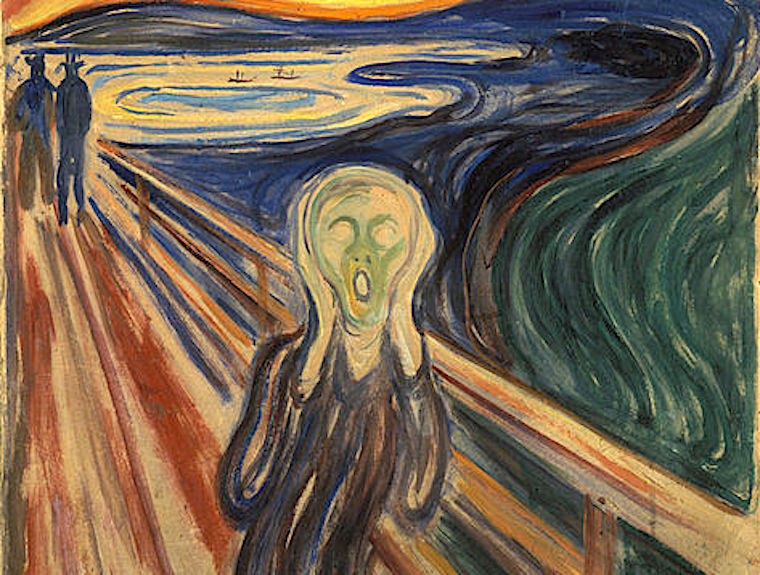
Why Do We Get Panic Attacks?
Those who have not (yet?) experienced a panic attack, might perhaps imagine it as some stronger form of nervousness or increased anxiety. This is all true, but only a person who has experienced it knows how dreadful it is to suddenly start losing control over everything. The intense surge of fear caused by thoughts like ‘These may be my last moments before death!’ is hard to describe.
Panic attacks can come as a complete surprise, especially when you think that everything is going fairly well in your life. They can happen as a delayed reaction to stressful events, various life challenges, over-worrying, thought-processes that we might not even be consciously aware of, or even just not enough quality sleep and too much caffeine!
A Number of Symptoms
Panic attacks are always overwhelming, and the symptoms can be both physical and psychological. They often manifest through a sudden breathing difficulty, especially when trying to inhale. The choking sensation can be terrifying.
Or, you may suddenly feel as if you can’t swallow. A wave of extreme weakness can overcome you, and your heart can start beating very quickly. The increased heartbeat is probably the scariest part of the whole experience, because how can you be sure that you are not having an actual heart attack?!
You may also start sweating, trembling, or feeling uncomfortably restless, with a strong urge to move, fidget, or run away. Some people even get sick.
What’s particularly scary is the unfamiliar sensation of becoming detached from your own mind. It can feel as if you are suddenly not in our body but disappearing from it. Or as if you are falling into a black hole. You may be overcome by a horrible sensation of going insane.
My Own Experience
I had a number of panic attacks in my twenties and thirties. One of them happened at home and completely out of the blue – when I was washing the dishes. All of a sudden, something was not right. And it was changing from ‘not right’ to ‘terribly wrong’. I thought I was beginning to lose my mind.
That was the scariest part – not to be in control of my own mind, feeling that my normal perception of myself and the world is dramatically changing, and fearing that my life is possibly being taken away from me.
I kept asking myself: “Where am I?” My reality suddenly felt completely alien. I was so much in need to get to the familiar state of normality that I grabbed a piece of bread and started to eat it, concentrating on every bite. The taste of the bread was something familiar to me, and was hoping that it would help me to get back from this weird trip.
When, many centuries later, (which, in reality, could have been less than 20 minutes) I came back to the so desired normal state, I found chunks of bread everywhere – on the kitchen floor, all over the carpet in the living room…a strange sight indeed!
An Unwanted Departure
I even thought that my body was becoming paralyzed, perhaps by a stroke, because for periods of time I couldn’t speak or open my eyes. Also, I had a clear notion of electricity rising up all my limbs and then leaving them. I was convinced this was what dying must have felt like.
I was afraid I was losing my mind – quite literally. I was trying to control my breathing, but even that was still a struggle. I was hyperventilating and could feel my heart racing extremely fast.
I kept losing consciousness periodically and experienced a few delusions. At one point, I remember my husband holding a cool sponge on my forehead but for some time I was convinced I was an old dying lady at a hospice and my husband was an old nurse!
Then I felt I was being hurled into space with no point of return. I had a clear sensation of falling at a nauseating speed, and I could hear my own thoughts yelling at me “Your time has come – you are dying!”
What to Do When You Have a Panic Attack
Panic attacks may hit you quite quickly. You might be sitting on a train, standing in a supermarket queue, watching TV at home, or hanging out at a party. It can start absolutely anywhere, unfortunately even on the motorway, with you behind the wheel.
Here are a few strategies you can use to try to stop or diminish a panic attack when you feel it’s coming or when you’re already experiencing it:
1. Try to Breathe Slowly and Deeply
Like me, you might be hyperventilating as a result of a panic attack, and this symptom can add to your anxiety. However, if you consciously focus on slow, calm, deep breathing, you can significantly reduce the scary symptoms of a panic attack. If you can gain at least partial control of your breathing, the hyperventilating will decrease and your mind will become calmer.
When you breathe in, (ideally through your nose) put your hand on your belly and try to breathe into your belly. Imagine it’s an inflatable balloon.
2. Acknowledge a Panic Attack Is Not Life-Threatening
Once you have recognized that panic attacks are temporary, and mainly, not life-threatening, your own mind will help you calm down and regain control more quickly. The main thing is to shake off that fear of dying, which is the most horrifying symptom of a panic attack.
By recognizing that you’re having a panic attack instead of a heart attack, you can remind yourself that this is temporary, it will pass, and that you’re ok. Try to diminish the fear that you may be dying or going insane. These feelings are typical symptoms of a panic attack. Once you recognise that you are having ‘just a panic attack’, you will be able to focus on all the techniques to reduce your symptoms.
3. Try Energy Medicine Techniques
In the following video you’ll see the renowned teacher of energy medicine, Donna Eden, and her husband, clinical psychologist David Feinstein, present three stress and anxiety-releasing techniques which may be a great help while you are going through a panic attack.
One of these quick-help techniques is holding your ‘Neurovascular points’, which Donna is mentioning in this video.
4. Find Something to Focus On
As panic attacks can cause a scary feeling of detachment or separation from reality, your main wish will usually be to get back to reality as quickly as possible.
What I’ve found helpful is to concentrate on familiar sensations, such as rubbing my hands on my thighs, chewing something, or stroking my hands.
However, don’t try to run away or do vigorous exercise – you want to calm down, so you might want to do some gentle stretching instead.
5. Calmly Talk to Others
You can share what you are going through with others. Try to describe the symptoms objectively, and then reassuring yourself (and them, if they are equally scared as you are) that this state will eventually pass.
6. Lie Down and Raise Your Legs
If you can, you may want to lie down and raise your legs. I was advised this by a doctor who had seen me during one of my panic attacks. This will help your blood flow back to your head, and you may gain mind control more quickly. It may also help your body relax and ease the overall tension which makes your anxiety worse.
7. Use Soothing Essential Oils or Calming Teas
The best bet is stress-relieving lavender in a form of essential oil, which you can spread on your palms and gently breathe in.
Or if you find the scent of pure lavender too intense, you can try a more sophisticated blend of essential oils, such as the Relaxation Calming Blend by Ellia.com. (You’ll find this specific blend under the category ‘Roll Ons’.)
8. Do the 4-7-8 Technique
The 4-7-8 technique leads your mind and body to focus on regulating your breathing, rather than your worries, anxiety, or negative thoughts. Dr. Weil describes it as a “natural tranquilizer for the nervous system.” People who practice this technique say that it can calm a racing heart or frazzled nerves, so it might well help someone experiencing a panic attack as well!
How to do the 4-7-8 Technique:
- Inhale for a count of four.
- Hold your breath for seven counts.
- Exhale for a count of eight.
Repeat this cycle four times.
Watch Dr. Weil demonstrate this technique in the following video.
How About People with Severe Panic Disorders?
In the second video, Dr. Weil talks about the success of the 4-7-8 technique for serious panic attacks. You will find that passage at 7:20. He says that people who have anxiety attacks have one thing in common: Their breathing becomes irregular, rapid, or shallow. However, if you practice the 4-7-8 technique, where the breathing is deep, slow, and regular, it’s almost impossible to be overcome with anxiety at the same time.
Dr. Weil has taught this technique to patients with severe panic disorders. He gives an example of one of his patients whose anxiety disorder was very severe, to the point that he was dependent on valium, but after practicing the technique regularly for two years, he got control of the condition and got off all the medication.
The ‘4-7-8’ Can Help with Insomnia
If you happen to suffer from insomnia, try experimenting with this mothod before falling asleep! The 4-7-8 technique has helped people with sleeping disorders, from difficulty falling asleep to shallow sleep, interrupted sleep, or insomnia.
Practising this technique will decrease your tension and allow your body to relax, which will naturally lead to better sleep. If you would like to learn more techniques for helping you sleep better, see my post 20 Tips for Better Sleep.
How to Prevent Future Panic Attacks
Be Mindful of Your Caffeine Intake
My own panic attacks were often triggered after drinking a larger amount of coffee. The stimuli we get from caffeine is due to our body releasing higher amounts of adrenaline, a hormone that raises blood pressure. From a nice initial kick, this can often turn to feeling edgy or anxious, and can lead to a panic attack.
Practice the 4-7-8 Technique
Practice the breathing method mentioned above (point 8). If you incorporate it into your daily routine and do it twice a day, as Dr. Weill recommends, you may prevent future panic attacks.
Make Sure You Get Enough Quality Sleep
Be mindful of getting proper, deep, restorative sleep to keep your body and mind in balance. I have devoted a whole post to this topic, called 20 Tips for Better Sleep.
Meditate
One of the best ways to prevent future panic attacks from happening is regular meditation. When you meditate, your body experiences a deep physical and emotional de-stressing process, which will have a great impact on your nervous system, your sleep, your focus, your mood, and much more.
Since I’ve started meditating regularly, I haven’t had one single panic attack. It is really, really worth trying. I have written about it in my article The Physical and Psychological Effects of Meditation, where I look quite deep into the science of this ancient practice, and where I list all the positive effects of meditation which I have personally experienced.
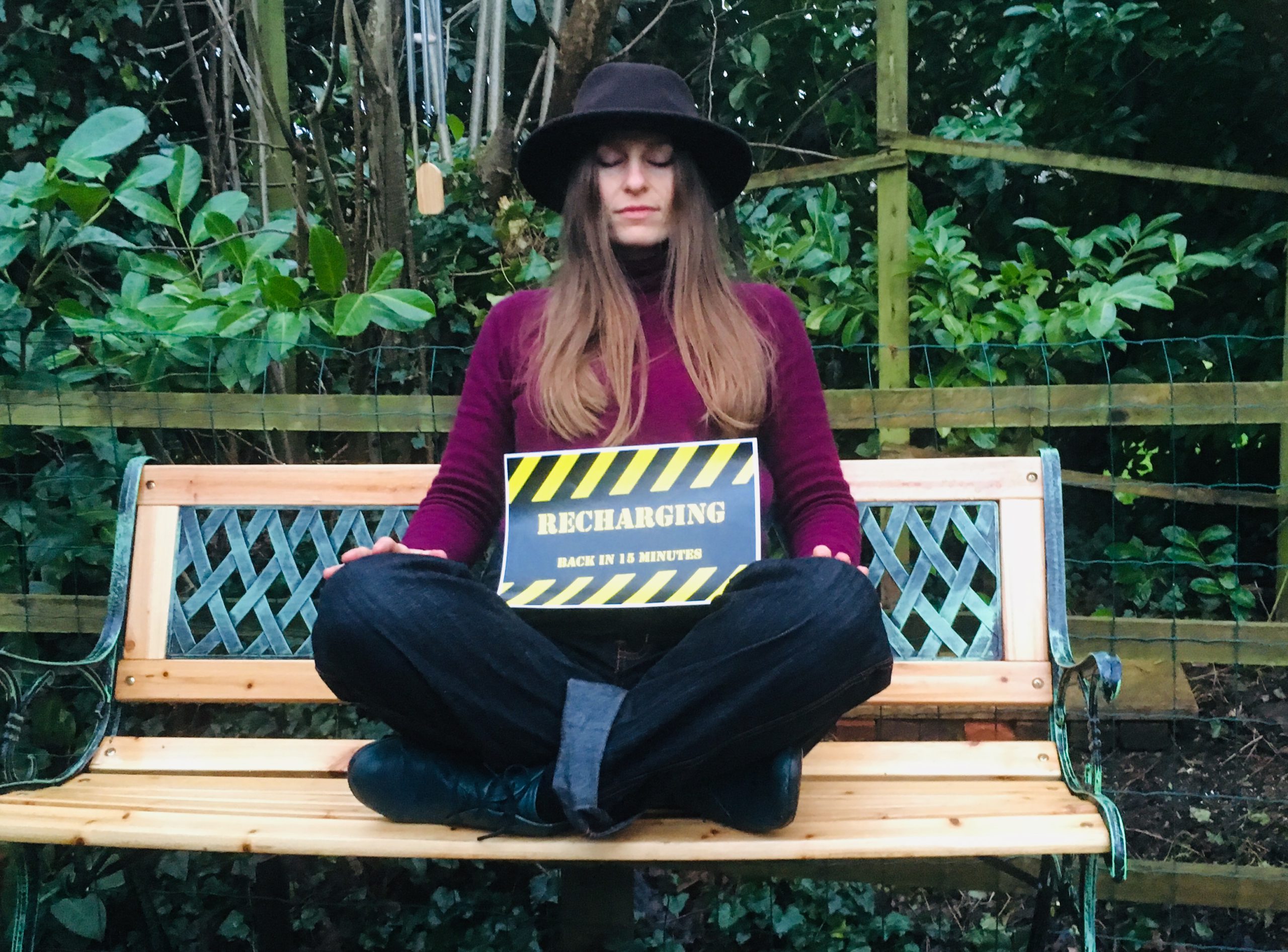
Keep Your Body Moving
There are plenty of ways to do this, from common physical exercise to moving your subtle energies through Energy Medicine or EFT Tapping. If you’d like to find out more, check my posts Ten Things to Do When Feeling Down, where I am exploring such techniques.
Do The Daily Energy Routine
The Daily Energy Routine is a set of exercises designed to balance and strengthen energetic systems in your body. This leads to greater resilience, the ability to fight illnesses, and generally feeling better. I have been doing this short routine every day for almost two years and I believe that these exercises have contributed to keeping my panic attacks at bay. I also haven’t had a cold since I started this daily routine. I highly recommend trying it out!
Panic Attacks Can Serve Us (Before We Get Rid of Them for Good)
Panic attacks are always extremely unpleasant, but once we manage to control our fear, we can start taming their symptoms and eventually condition our mind to avoid these states altogether.
They can, in their own way, serve us as a useful indicator that some area in our lives might need our attention – so a panic attack can actually prove a useful tool for solving a problem we were subconsciously avoiding.
I hope you have found this article helpful. If you have any questions or would you like to share your experience or opinion, leave a comment below.
Other posts you may like:
- How to Release Stress and Anxiety, where I’m describing an interesting self-testing experiment that I have learned from Donna Eden. All you’ll need is a tea kettle..!
- 10 Things to Do When Feeling Down
- Learn to Juggle for Your Brain Health
- 20 Tips for Better Sleep
Recommended books:
- Bliss Brain by Dawson Church
- The Healing Power of EFT and Energy Psychology by David Feinstein and Donna Eden
- Stress Less Accomplish More by Emily Fletcher

BY LUCIE DUN
This site has been built with DIVI, by Elegant Themes.
Disclaimer: This page contains affiliate links. This means that if you decide to make a purchase through my links, I will earn a small commission at no extra cost to you. (The full Affiliate Disclosure can be read here.) If you’d like to learn more about affiliate marketing, e.g. how to earn extra income from blogging and promoting products you like and would recommend to others, which is what I do, check out Wealthy Affiliate, my favourite platform for online marketers. You can create a free account, which will enable you to make your own website in a few simple steps, and host it with them – free of charge – for as long as you like. You can test it right now by trying their free website builder SiteRubix. Thank you for visiting!

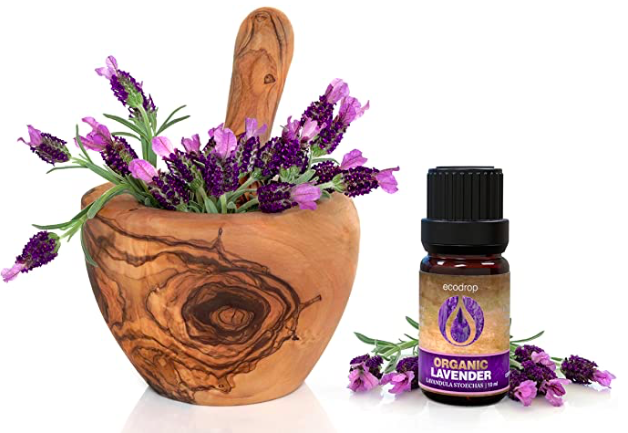
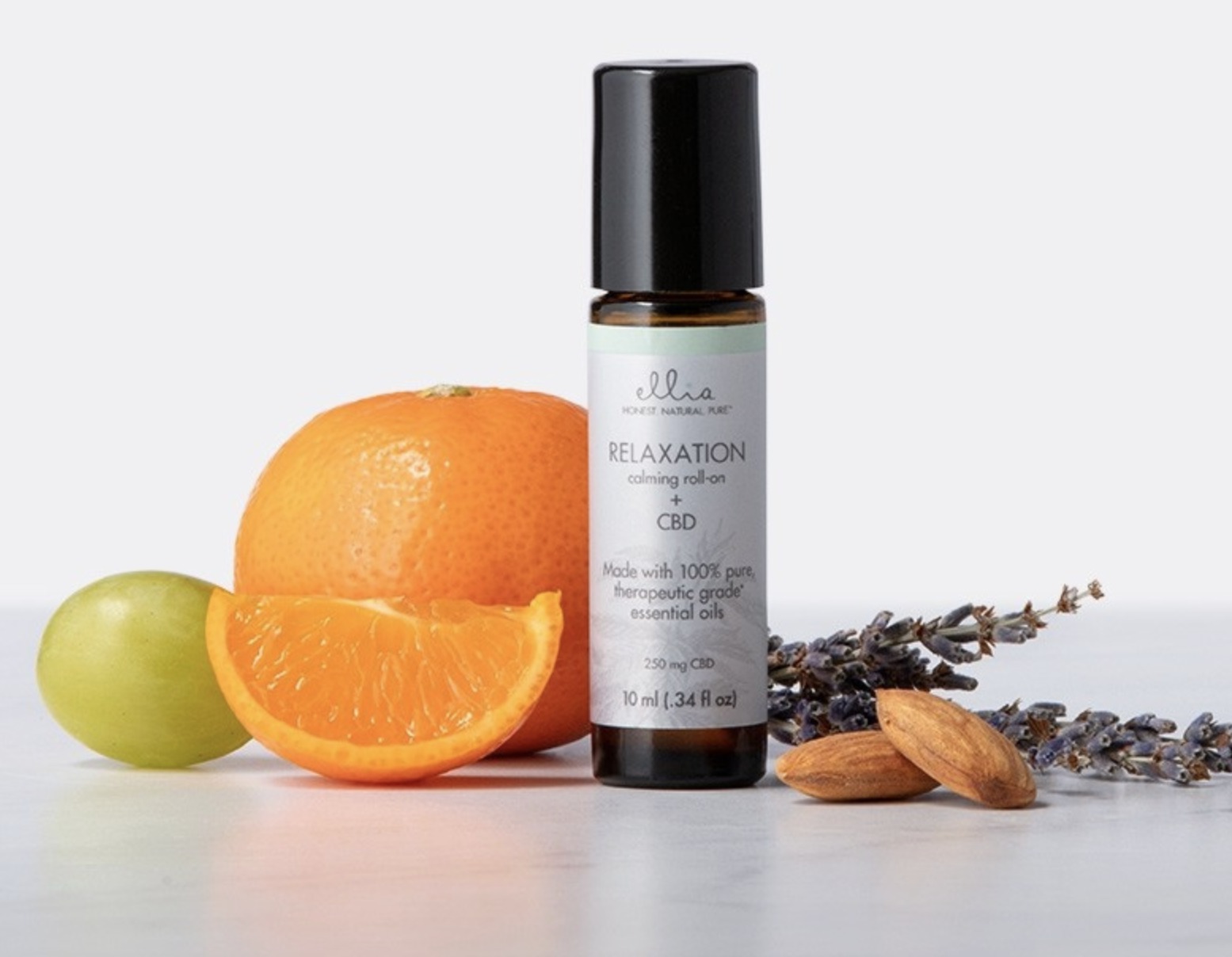

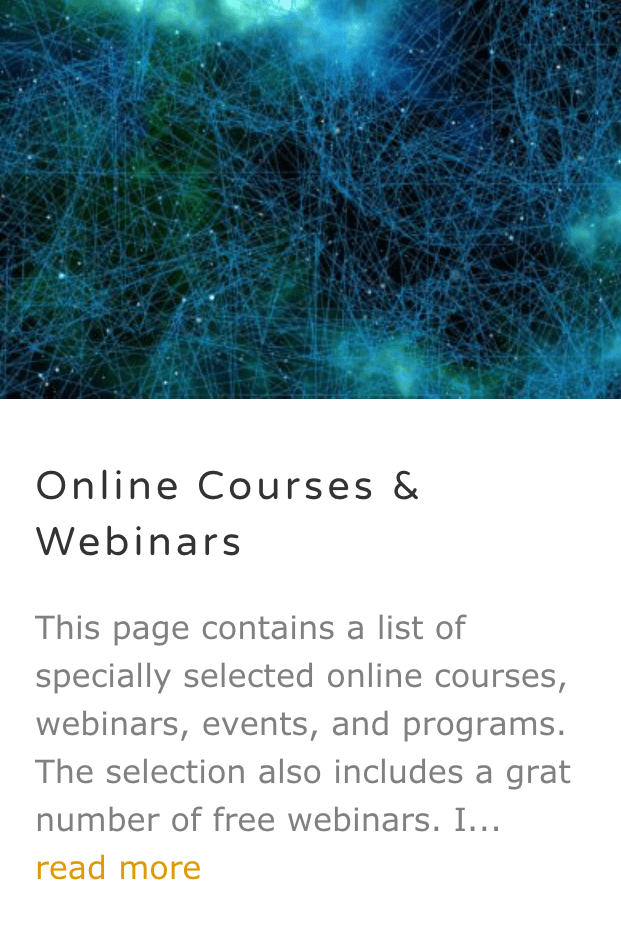
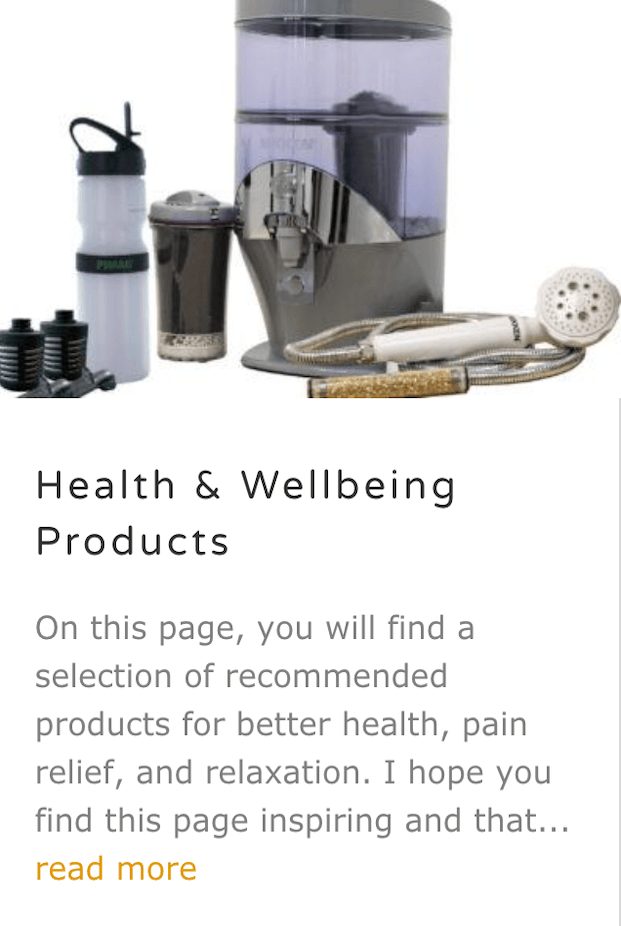




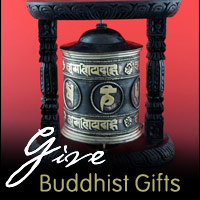
Thanks for such a great article about preventing panic attacks. I know several people who suffer from them. I can’t imagine how frightening it must be to be in the middle of one of such episodes. But it’s great to know that with these techniques we can gradually start taming the symptoms and eventually train our mind to avoid these states altogether. Your article has educated me a lot and I really hope other people (especially the ones who suffer from this condition) will get to see it and help themselves prevent these crazy states. Thanks for sharing this with us!
Thank you, Joy for your insight. Controlling our fear, as you say, it’s the key to it. Once you are in the middle of a panic attack, it seems an impossible thing, but with the right knowledge and tools, you can overcome them and prevent them. One of the best things for me was my discovery of meditation and energy medicine, which offers so many simple and effective techniques for overcoming deep states of anxiety, and for keeping us in physical and emotional balance. I hope you will enjoy exploring some of these techniques and feel the difference once you get to use them frequently. All the best!
Thai article will be of greatly importance tons many people because this is an issue that affects so many people and we don’t know how to go about it and get it out of the way. My daughter gets such attacks often and most time I just ask her to site and breathe till she is better. I really didn’t know some essential oil can be of use and I have been seeing them around. I would love to see how effective they can be
Hi Bella, thank you for your comment. First of all, I think of your daughter and wish her all the best, and that panic attacks can soon become a history for her! In terms of the effectiveness of essential oils, I can recommend a free online class by a botanical expert David Crow. You may find it helpful because he addresses the impact of essential oils on our emotions and biorhythms. The link to the free 60-minute webinar is in my article 10 Things to Do When Feeling Down, under point number 8. I find it very interesting and I’ve benefited from it a lot. Now I always carry one of the roll-on oil blends with me, to use on my pulse points. The ones from ellia.com have really wonderful scent, the combinations of oils are quite sophisticated. I use the ‘Relaxation Calming Roll-On + CBD.’ I’d also highly recommend meditation with deep slow breathing. I’ve written about my own experience with meditation in a post The Physical and Psychological Effects of Meditation. Good luck with everything and thanks again for visiting my site!
Great post, this is awesome just like your previous post on 10 things to do when feeling down, your post is always comprehensive, educative and very helpful, i gained lots of insight reading them and they have helped me. Panic attack is really bad, i know few people that this happens to and thanks to your article i have found some ways to help them better, and it is nice to know that chamomile tea can also help, i have not heard about it but i will look for it..Thanks foe sharing this great article.
What lovely feedback, thank you, Kingsking! I’m very happy to hear that having read the article will give you the incentive to help others who suffer from panic attacks by sharing some of the ideas! Especially the breathing, the 4-7-8 technique. I really trust this doctor who’s presenting the technique. You may want to share the video with your friends, so they can follow the instructions and learn it properly. In this way, it will be effective for them, if they practice it regularly. I’ve started to practice it regularly too, I now do it at least twice a day. Once in the evening, because it really does help me fall asleep faster, and in the morning, when I do the four cycles just before my meditation. Thanks for your nice reaction once again!
I really appreciate that you covered this topic in your article. So many times panic attacks are underestimated or confused with other health issues. So thank you for sharing these techniques. I’ve experienced panic attacks just two times in my life and they were horrible. I learnt how to control stress, but it is true that there is always room for improvement.
Thanks a lot, Rosalia! I agree with you, some people tend to underestimate the seriousness of what the sufferer feels while experiencing a panic attack. It’s hard to explain the state to others when it;’s happing. You are suddenly just ‘not here’, something feels terribly wrong, it feels that the ultimate end is approaching…not nice at all! Thank you for sharing with me the fact that you experienced them too and I am so glad to hear that you got these states under control.
And as you say, there’s always room for improvement and prevention – what I would highly recommend in terms of prevention are two things: Meditation and breathing techniques! They are both connected. They not only prevent panic attacks (if you watch the second video by Dr, Weill) but they massively improve your overall health, boost immunity, increase your levels of happiness, and oxynenate and alkalise your body which is the best prevention against cancer! Thank you for your lovely feedback, take care!
This site hits home for a lot of people I’m sure. Nice topic and good coverage. The exercises described are done very well where you show how to release some of that anxiety and panic feeling. The topic itself is good and supported nicely with affiliate products provided easily. I also enjoyed your personal experience and how it affected you. It’s funny how while reading, I started breathing differently. Nicely done!
Hi Bruce, Thanks for your lovely comment! It’s funny that it made you aware of your breathing 🙂 I would definitely recommend the 4-7-8 technique because it’s good for many other things apart from the prevention of panic attacks. Your heart rate will slow down and your blood pressure will decrease, so it’s also a preventative measure for heart issues. Some people have reported that their chronically cold hands and feet started feeling warmer after a few weeks of a regular practice of this method. It only takes 2 minutes or so so it is so easily incorporated in one’s daily routine. I do this technique every evening after closing my eyes in bed, and then in the morning before my 15-minute meditation practice (which I, by the way, equally recommend! You can check my article about the rather amazing benefits of meditation here.) Take care and thanks again for your feedback!
Hello and thanks for your post. Severe stress, such as the death of a loved one, financial crisis, loss of one’s home, etc. can all trigger panic attacks. They can also be caused by medical conditions and other physical causes. They can indeed surprise absolutely everyone so it’s good to be aware of the tools for preventing them. I know of a person who suffers from these episodes so I’ll share the methods from your article with him. Thanks again!
Hi Ismeglamour, indeed, there are many factors that can cause panic attacks, and many of the life events, such as the death of a loved one, are unavoidable. That’s why is super-important to keep building one’s physical and emotional resilience to be equipped for dealing with a high amount of stress. Knowing about these tools can be very useful even if you have never experienced a panic attack. Stress is everywhere and it is one of the major causes of illness. That’s why it’s good to learn how to reduce it. One of the best ways is the 4-7-8 breathing technique (done regularly, twice a day) and meditation. I highly recommend both.
Thank you for this awesome article. Relaxing your body can help sidestep a panic attack. Here’s another breathing technique: Practice breathing in through your nose for a count of five, hold it for five, and then breathe out through the mouth for a count of five. Or take a class in meditation and breathing techniques. I will like to share this article with some friends.
Hi Lucas, thanks a lot for your lovely comment! Breathing practices have intrigued me for a long time now. I’ve recently watched a TED talk by a yoga teacher Lucas Rockwood, where he explains three different breathing techniques that can be used in different situations. The TED talk is called Change Your Breath Change Your Life. He gives the three breathing techniques his own names ‘Water Breathing’, ‘Coffee Breathing’ and ‘Whiskey Breathing’. Rather amusing, and, above all, very effective.